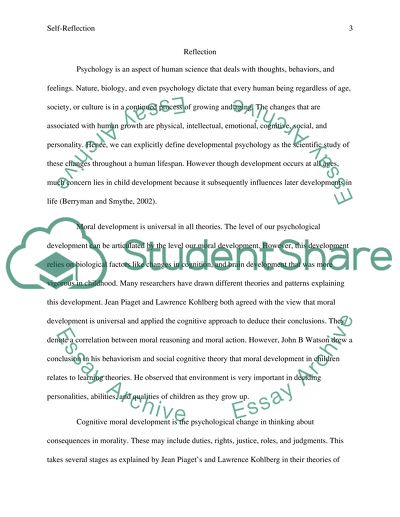Cite this document
(“Self-Reflection Psychology Essay Example | Topics and Well Written Essays - 1250 words”, n.d.)
Retrieved from https://studentshare.org/psychology/1443234-psych
Retrieved from https://studentshare.org/psychology/1443234-psych
(Self-Reflection Psychology Essay Example | Topics and Well Written Essays - 1250 Words)
https://studentshare.org/psychology/1443234-psych.
https://studentshare.org/psychology/1443234-psych.
“Self-Reflection Psychology Essay Example | Topics and Well Written Essays - 1250 Words”, n.d. https://studentshare.org/psychology/1443234-psych.


